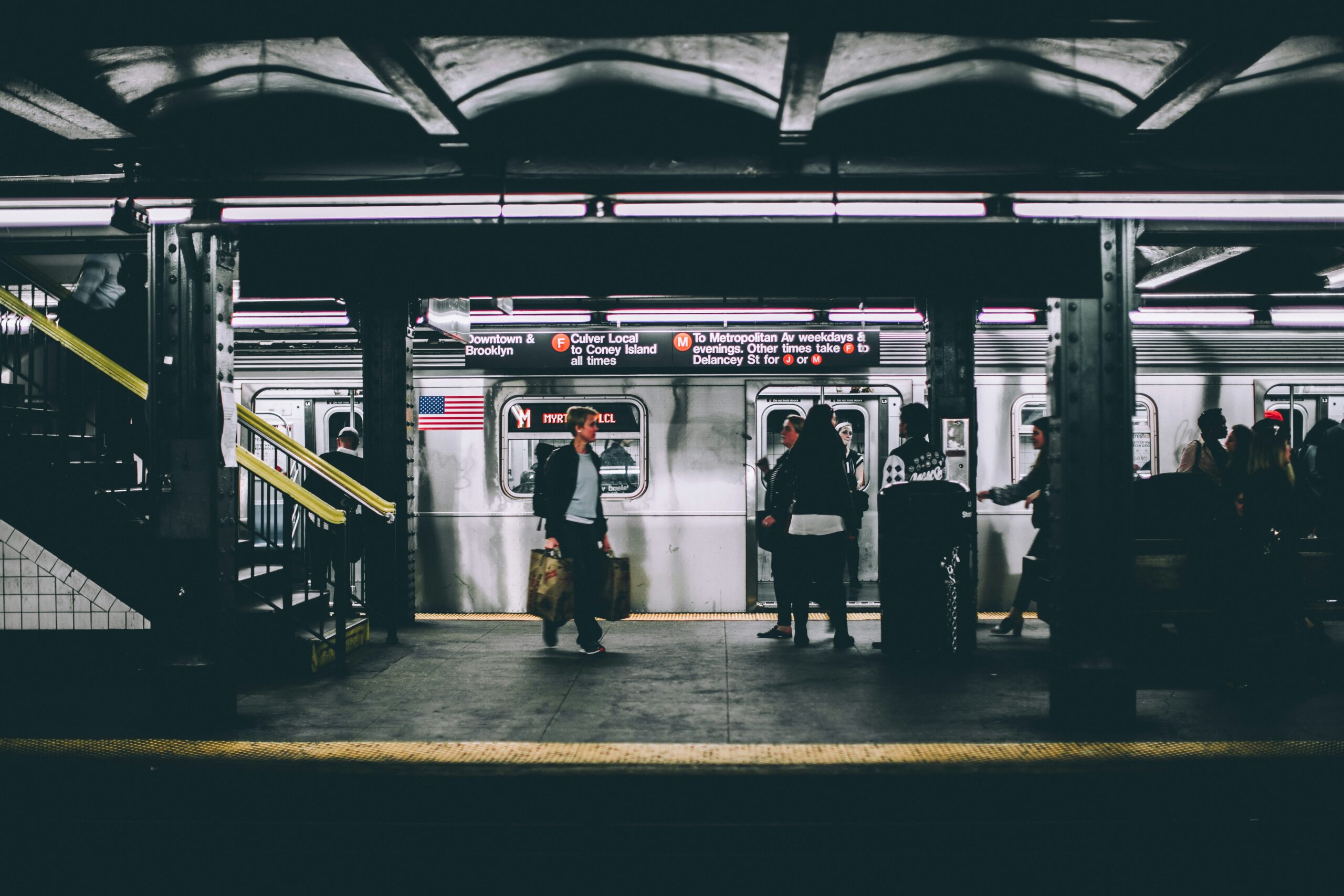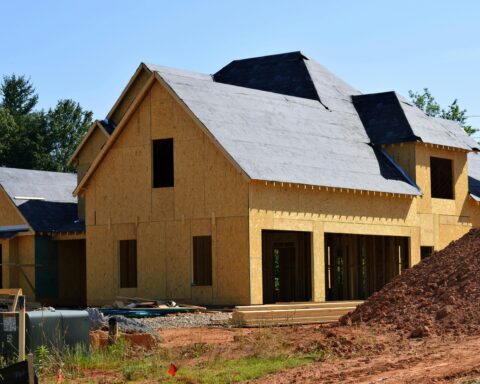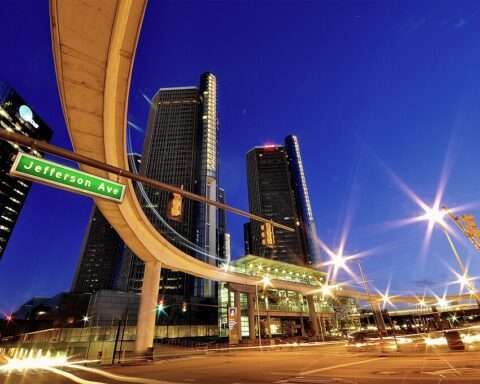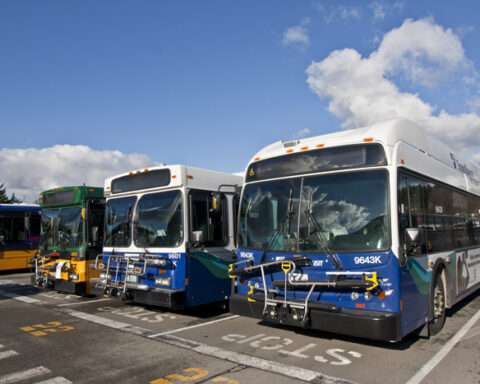The Metropolitan Transportation Authority Board will vote this week on a $68.4 billion five-year plan to improve subways, buses, railroads, bridges, and tunnels in the New York City region.
Priorities in the proposed plan include ordering 2,000 railcars, making 60 existing stations accessible, and adding secure fare gates that address safety and accessibility concerns as well as sweeping improvements to the Grand Central Artery and aging power systems, the MTA says.
MTA Chair and CEO Janno Lieber says the authority’s proposed 2025-2029 Capital Plan was developed by “the most comprehensive analysis the MTA has ever undertaken to truly understand the needs of the system, the challenges and opportunities.”
“After years of underinvestment, more than 90% of this proposed plan – the largest in MTA history – focuses on bringing the system to a state of good repair,” Lieber explains. “These investments are necessary to serve the following generations and the future of the region’s economy, environment, and social and economic equity.”
RELATED: New York investing $200 million in downtown revitalization
The board will vote on the plan on Sept. 25. If approved, the plan will be sent to the MTA Capital Review Board, which has 30 days to review and approve the plan.
Highlights of the plan include:
- Replacing decades-old mechanical signals on subway lines with Communication Based Train Control (CBTC) technology across more than 75 miles to provide faster and more reliable service. Subway lines with CBTC installed have seen on-time performance of 90% or greater, the MTA says.
- Upgrading subway maintenance facilities, including redesigning and rebuilding the Livonia Shop in Brooklyn and 240th St Shop in the Bronx
- Priority repairs for more than 150 subway stations.
- Making at least 60 more subway stations ADA-accessible and replacing 45 subway station elevators. Altogether, this will ensure that nearly 70% of all subway rides will take place to or from accessible stations, the MTA said.
- Buying an additional 500 zero-emissions buses and continuing outfitting bus depots for recharging
- Improvements to the Long Island Railroad that include purchasing new railcars, replacing or renewing 16 substations and achieving 98% accessibility by making four more stations accessible.
- Sweeping improvements to the Metro-North Railroad that include rebuilding the four-mile stretch known as the Grand Central Artery, which serves more than 200,000 people daily. The proposed plan heavily focuses investment for major renovations to structural supports and facilities and continued replacement of the Train Shed roof to ensure the Grand Central Artery’s next 100 years, along with investments to the Park Avenue Tunnel and Grand Central Terminal itself. Plans also include fortifying the 74-mile Hudson Line. The proposed plan focuses on addressing erosion hot spots, stabilizing upland slopes, and upgrading drainage in the most vulnerable and highest-ridership segments of the line, protecting more than 20 miles.
Photo by Andre Benz on Unsplash













